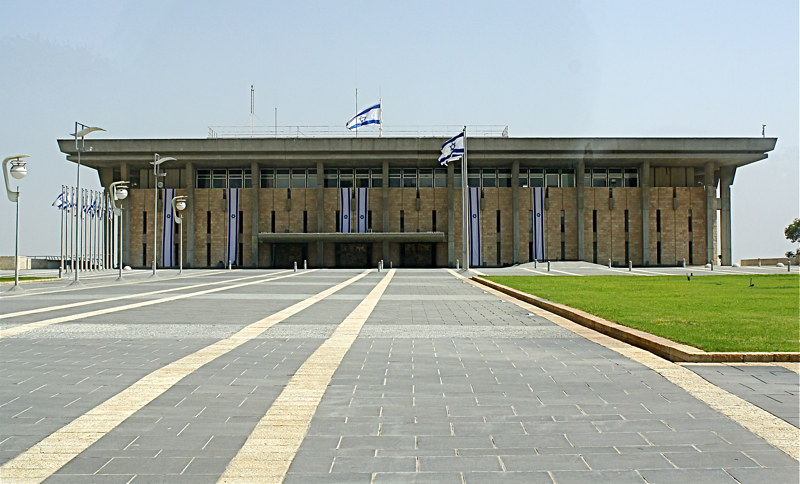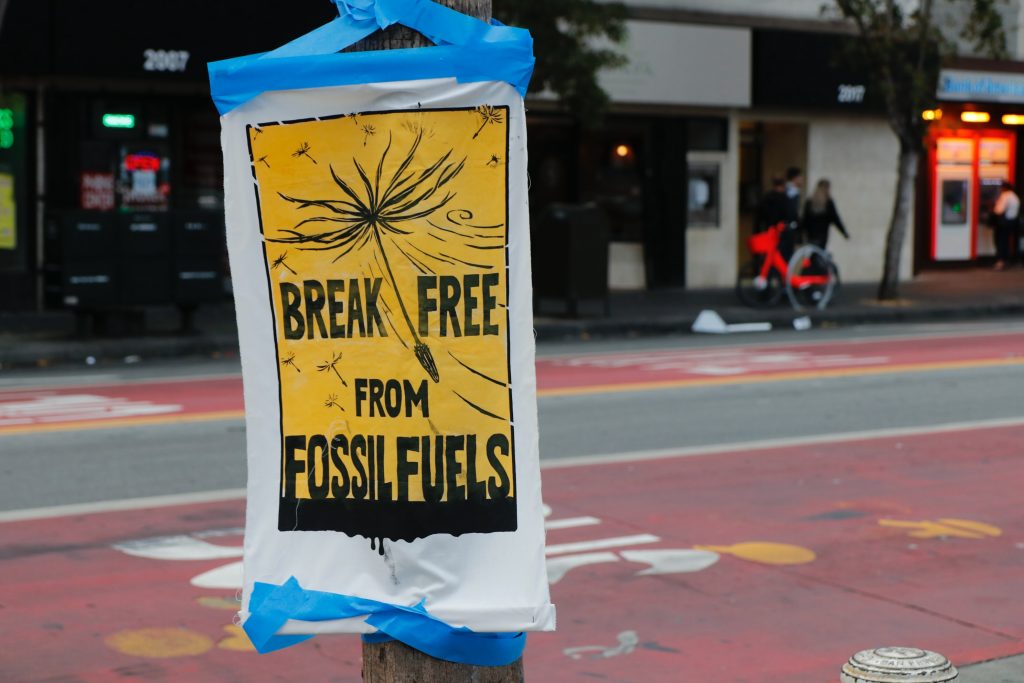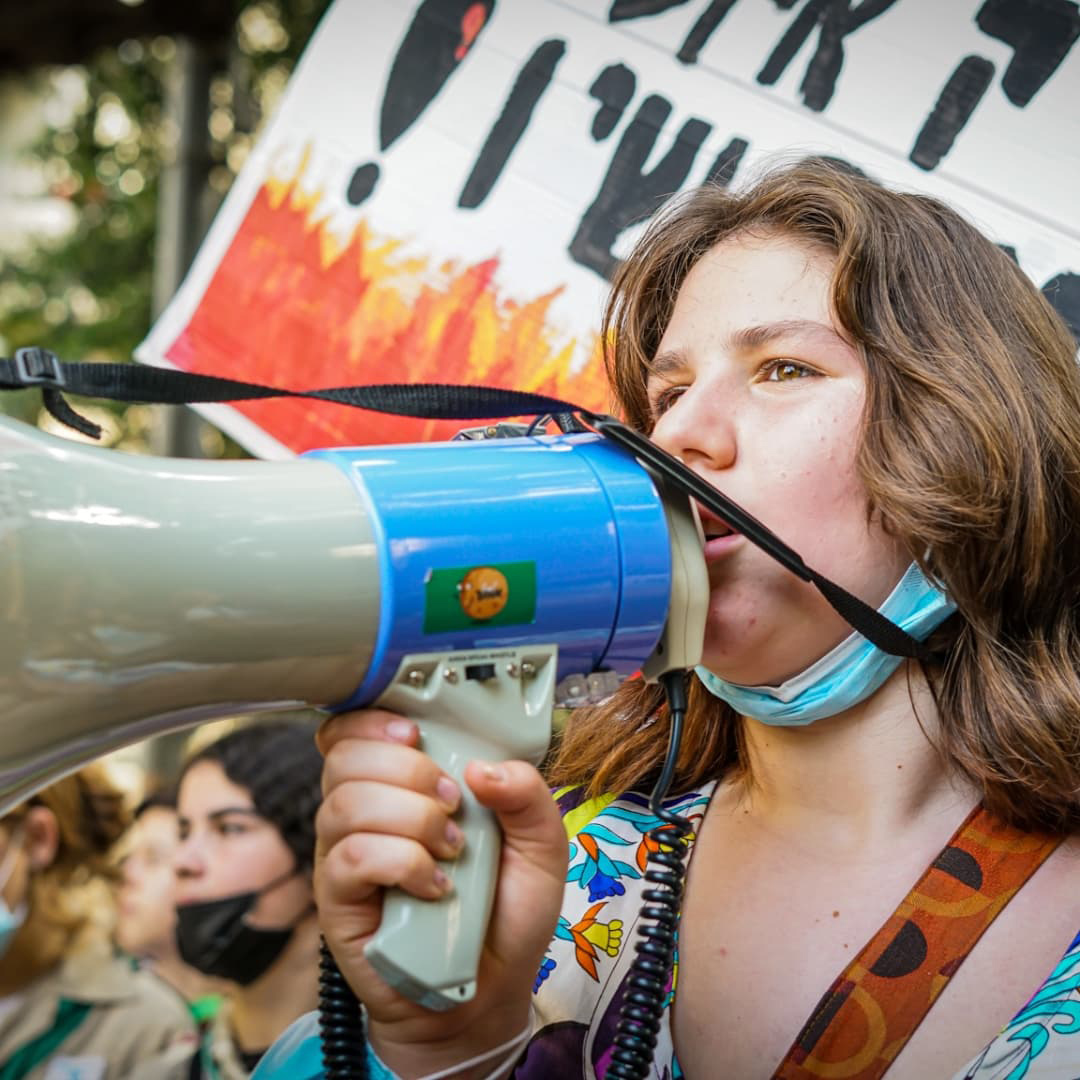The Green Way to Recover from COVID-19
January 11, 2021Experts in economics, policy, and environmental fields have presented a detailed plan designed to rescue the Israeli economy from the hardships brought on by the Coronavirus. Can green initiatives improve our environment and repair Israel’s economic crisis?
A wave of optimism has emerged in Israel with the arrival of the vaccine and the mass immunization procedures that have begun to combat the Coronavirus (SARS-CoV-2). However, recovery efforts extend beyond vaccination and suppressing the spread of the virus. Due to the easily infectious nature of the virus, the Israeli economy suffered heavy blows (similarly to other Western economies), negatively impacting businesses and peoples’ livelihoods. Therefore, repairing and rehabilitating Israel’s economy is a critical step in its overall recovery. But, what about a green recovery strategy?
Recovering from the COVID crisis may offer an opportunity to benefit the environment. “In order to overcome the Corona economic crisis, many countries are planning to widen the deficit, invest in growth-encouraging infrastructure, and spend trillions of dollars. So, it has been argued that if we are already investing money, we should do it in a way that changes our economy for the better,” says Dr. Ori Sharon, Deputy Director-General of the Israeli Society of Ecology and Environmental Sciences and lecturer in Law and Environmental Policy in the Faculty of Law at Bar-Ilan University. “Investments in environmental fields have very significant employment potential and they return the capital invested in them in high percentages,” he adds.
The Green Rescue Plan

According to Sharon, other intergovernmental bodies calling for green programs to rehabilitate and stimulate the economy include the World Bank, the World Economic Forum (WEF), the International Energy Agency (IEA) and the International Monetary Fund (IMF). “The Prime Minister of the United Kingdom, Boris Johnson, last month published his £18 billion green rescue plan, and Canada, Germany, France and New Zealand have also made similar plans,” Sharon explains.
“One country that has not presented such a plan is Israel,” he adds. Therefore, the Life and Environment organization has collaborated with multiple environmental organizations, senior economists, and experts from academia and government ministries to produce an economic growth plan for Israel to recover from the difficulties brought on by the COVID-19 pandemic.
Out of the 200+ accumulated proposals, the plan only incorporates those that guarantee significant job creation, environmental protection, and quick and feasible implementation. “According to global experience, we have only chosen the steps that create many jobs and return investment quickly,” says Sharon. “We have created a Green Rescue Plan for the State of Israel.”
“We provide the government with a plan that details how to restart the economy: creating jobs for the many unemployed, building decent infrastructure, quick returns on investments, and contributing to the environment instead of harming it,” says Sharon.
To execute the budgets of new policy initiatives (their cost is detailed) as well as the standard regulatory steps, the new plan’s total cost amounts to NIS 8.3 billion. Most sections of the plan are based on government actions that are currently in the planning stages and coordinated with relevant ministries. While some of the proposals relate to issues that affect the entire economy, others tackle specific areas.
The plan was presented to the Knesset’s Interior and Environment Committee, the Governor of the Bank of Israel, the head of the National Economic Council, and was sent to both the Minister of Finance and Minister of the Interior.
Adapting Accordingly

The first economic step outlined in the plan is to update the conditions of government assistance grants such that grants are given to the applicants who meet certain environmental criteria. In doing so, this would prevent companies known to pollute and harm the environment from receiving grant money and instead support companies that uphold green initiatives, such as renewable energies and sustainable operations.
“This recommendation is consistent with the recommendations published by all international bodies,” says Prof. Natan Sussman of the Israel Democracy Institute, an economist at the Institute for Advanced Study in Geneva and one of the program’s leaders.
The plan’s second step is establishing employment training systems in environmental fields, a NIS 400 million investment recommended by the authors of the plan. This will enable the now 22.7% of unemployed Israelis (938,000 people) to acquire new and useful professions.
“The world is moving in the direction of adopting green sustainable growth with an increase in the use of renewable energies, and workers will be able to be absorbed into these sectors, which will gain momentum after the crisis,” Sussman says. “There is a very wide range of professions related to solar energy, for example, such as design, panel manufacturing, assembly, maintenance, and more. This is an entire industry that has a relatively small number of employees at the moment and we see a great demand for workers.”
The third step that appears in the program deals with regulating the issues pertaining to telecommuting. Remote employment has brought about several environmental benefits, most notably the reduction of vehicular emissions associated with traveling to and from the workplace in heavy rush hour traffic. However, according to the writers of the program, it is necessary to make a number of adjustments in order for the phenomenon to continue in a beneficial way. “It is very important in the law to ensure the separation between work hours and family hours, so that a situation is not created in which the employer exploits the employee by putting pressure on them to work more hours or expecting them to be available all the time,” says Sussman.
Another important recommendation is to fund the upgrade of communications infrastructure needed for working from home, especially in the public sector. “Not every household has equipment like a good web-camera and a good screen,” Sussman adds.
All Parties Benefit

One of the specific areas covered by the program is transportation, one of the main causes of air pollution in the State of Israel today. The program proposes a variety of measures to promote public transportation in Israel, with the aim of reducing traffic jams and subsequent gaseous emissions while creating jobs. “Reinforcing the public transportation system creates employment for drivers, system operators, planners, and more,” says Sussman.
Another remedy to the transportation issue proposed by the plan’s authors is to promote the use of bicycles mainly through the paving, upgrading, and maintenance of riding trails. “The bicycle sector is rich in quality employment: from the planning and construction of trails, through the sale of bicycles to their maintenance and repair,” says Sussman. “Cycling aids in reducing emissions and is beneficial to the health of riders. All parties benefit from it.”
The plan also includes adjustments in the field of urban planning. One of them concerns the housing crisis, and it proposes to budget urban renewal projects of entire complexes. “Urban renewal allows us to turn existing buildings into green structures as part of their upgrade; both through green standard construction and the transformation of housing units into solar energy producers,” Sussman explains.
The expansion of shading by adding trees in public spaces is another noteworthy step proposed in the plan due to the environmental and health benefits they induce. Adding trees can help sequester more carbon dioxide from the atmosphere, reduce dangerous exposure to the sun UV radiation, and lower stress levels. “Planting trees creates employment in the field of gardening, which lasts for many years because the trees require maintenance,” says Sussman.
In terms of the author’s outline for energy, measures include accelerating the upgrade of the electricity grid so that it can absorb renewable energy efficiently. This proposed move also includes upgrading electricity meters that will allow the consumer to sell electricity to the grid (from roof solar panels). In this regard, granting state-guaranteed loans for the construction of solar energy infrastructure and research and development pertaining to renewable energy storage is also proposed.
However, Dr. Or Karsin, a senior lecturer in law and environmental policy at the Open University who advised writing the plan, stressed that a detailed plan is not enough. “The crucial question is whether the recommendations will be implemented,” she says. “There is a need to move from a policy discourse to an implementation discourse,” she concludes.
This ZAVIT Article was also published in The Jerusalem Post on 2 Jan. 2021







